By Pat Veltri
Store displays up in October, Christmas lights and decorations up in mid November, Black Friday, excessive consumer spending to purchase gifts and decorations, commercials for toys and electronic gizmos, stress and financial pressure – are all part of the rituals surrounding Christmas these days. Compared to modern standards Ratonians, Mickey Baker, George Yaksich, and Edward Zavala were poor in material goods while growing up in their respective coal camps of Sugarite, Koehler, and Dawson, but they still remember their coal camp Christmases as some of the best of their lives. It is with fond recollections that they think back to the days when the Christmases they experienced were simple, but happy and meaningful.
In the early days of mining, many miners and their families lived in coal camps or company towns. Coal camps were in essence communities owned by the coal companies. Company owned houses were rented to the miners. A coal camp usually had a company store, and many had schools, club houses, doctor’s offices, opera houses, and other amenities.
Mining drew immigrants from many nations – Yugoslavia, Poland, Spain, France, Italy, Greece, Scotland, Mexico – to name a few, and the coal camps became a melting pot of ethnic groups, each group bringing their own unique cultural flavor to the mix of Christmas celebrations.
Mickey Baker : Potica, Tinsel Icicles, and a Sled
Mickey Baker, retired businessman and past mayor of Raton, was born and raised in the coal camp of Sugarite, eight miles northeast of Raton, in what is now Sugarite State Park. Baker’s mother, Jenny, was Slovenian and every Christmas she baked potica and made fudge. “That’s about all the sweets we had,” he says. Potica (pah teet zah) is a traditional Slovenian sweet bread filled with nuts, honey, and sometimes raisins. Baker remembers his mother rolling the yeast-raised dough around the nutty filling to make long loaves and then twisting the loaves around in an s shape to fit in the baking pan. She passed on her recipe and techniques for making potica to Baker’s wife, Jo, who continues the tradition of baking the Slovenian bread during the holiday season
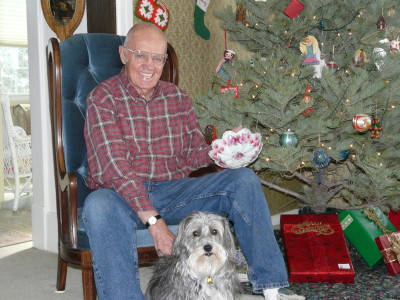
To get a Christmas tree Baker’s family merely walked up the hill behind their house and cut one down. The tree went up one or two weeks before Christmas. His mother decorated the tree with lights and ornaments, many of them handmade, and then added the final touch of tinsel icicles. He recalls, “She would take the tinsel icicles and put them on the tree one by one. When Christmas was over, she took them off, one by one, and saved them for the next year. So you know how tight the money was.”
Baker and his two brothers, Ben Jr. and Buddy, each received one gift at Christmas, usually clothes or maybe a game they could all share. Even with the scarcity of gifts, Baker says when he was young his Christmases “were all good.” He says, “There was no abundance of presents under the tree. In fact, we never saw our presents under the tree until we got up on Christmas morning.”
One Christmas stands out in his mind because he and his brothers received a special gift – a much desired sled. “My dad had to work the night shift for some reason. When he got home around 11:00 p.m. on Christmas Eve, he said loud enough for us to hear, ‘Oh what happened to the tree? What happened here?’ We jumped up out of bed and ran into the living room to look under the tree and that’s when we saw the sled.” He continues, “In those days, around early fall we’d have a snow and it would snow enough to cover the fences, usually. That snow was there all winter long. So we rode on the sled all winter. We would cut trees to make an area that was a sledding path. We were poor, but we had everything we needed.”
Even though families celebrated Christmas in their own way, according to their ethnic traditions, the coal camp came together as a family for celebrations, such as the annual Christmas program put on by the camp’s school children. The program was held in the camp’s club house. Baker remembers, “In the club house there was an auditorium, a regular gym floor with a stage at one end. The whole school from the first through the eighth grades would have a Christmas program. The whole camp was involved with that; people didn’t attend just because they had a son or daughter in the program. They went there because that was a big celebration.”
The program focused on the spiritual story of Christmas, along with the usual Christmas icons, such as Santa, elves and reindeer. Baker says, “I can’t remember anybody not having some kind of religion in those days. Anyway they believed in God. I don’t think there were any that didn’t but maybe I was too young to understand.” After the program bags of candy from the St. Louis, Rocky Mountain and Pacific Coal Company were passed out to all of the kids.
George Yaksich: Barbequed Lamb and a BB Gun
Another retired Raton business man, George (Judo) Yaksich spent his youth in the Koehler coal camp, twenty-five miles southwest of Raton. Yaksich’s parents George and Pauline Yaksich emmigrated to the United States from Montenegro, Yugoslavia. Since Yaksich’s family were of the Eastern Orthodox faith, they celebrated Christmas on January 7th. Yaksich recollects, “It was a tradition, when I was a little boy, that my family butchered a lamb on the fifth day of January. On the sixth day of January they barbequed this lamb over an open fire on a mountainside. The way the lamb was put on the spit, that we turned by hand, dates way back to the days of the Tartars (a group of Central Asian people, including Mongols and Turks), not only in Montenegro, Serbia, Yugoslavia and Croatia, but also in Greece and parts of Turkey. The way it’s put on the spit to barbeque required no metal bolts or nuts or wires; it was all in the way it was placed on the spit. On January 6th it was the duty of the young kids to sit down and turn this spit by hand.”
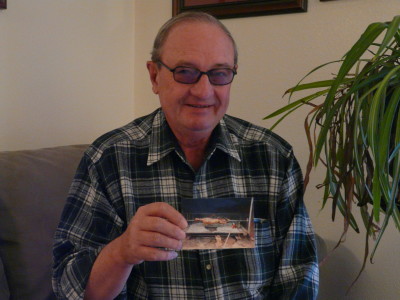
While the kids were turning the meat old timers sat around the fire and told stories of Christmas in the old country. Sometimes the old timers would sing songs that described the battles that the people in the Balkans and Greece had against the Turkish empire. “Whenever they would do that,” Yaksich says, “it would bring my mother to tears because she witnessed some of this as a child during the Turkish Empire.”
On January 7th, the head of the lamb was taken off and put on a plate in the middle of the table, with an orange placed in its mouth. Yaksich explains the culmination of the festivities: “My parents would select a man, known as a poleznik, who would be our guest of honor all day. The poleznik, usually of Slavic descent, would come to our house early in the morning, announce himself and fire a hand gun. We would welcome him into our home . And he would kiss each one of us three times, saying in Serbo-Croation Mir Boziji (God’s Peace on Earth!), Hristos se Rodi (Christ is Born!) and Viestina se Rodi (Indeed He is Born!). Everyone would kiss three times and say these words. He would sit at the table and take the first bite of the lamb. We’d have a special knife which he used to cut into the orange and place a coin or paper money. He would be our guest of honor all day long at our home and would welcome other guests that would come by. There were no Christmas decorations, there was no exchange of gifts. It was just a get-together of family and friends to celebrate the birth of Christ.”
In addition to the lamb, other traditional foods served on that day included sarma (cabbage rolls), potatoes, and ham. According to Yaksich, other families in Koehler who observed Christmas on January 7th were the Dabovich family, the Krivokapich family, the Vuicich family and the Simovich family.
It wasn’t customary for Yaksich’s family to exchange gifts so he didn’t receive his first Christmas present until the age of seven. The gift, a BB gun, came from a dearly loved school principal, Loren Malcolm. “I got my first Christmas present and it was a BB gun and I cherished that BB gun until I finally wore it out completely,” he says. His older brother Paul warned him not to shoot at the windows in the houses and the school, and to demonstrate Paul shot a window, so his younger brother could see how a BB made a little hole in it. “Both of us got in trouble with mom, but I never shot another window,” he laughs.
Once all of the school classes were combined in one building, the Koehler School also put on a Christmas program. As in Sugarite, all of the parents and all of the families would show up for that program. Yaksich recalls that the moms wore their best Sunday dresses and the dads dressed in black suits with a white shirt and a tie. “They did that out of respect to their students and their teachers,” he says.
Together the miners’ union and the St. Louis, Rocky Mountain and Pacific Company provided a small sack of candy and an apple or an orange for each kid in the camp. The company also allowed the kids to cut down Christmas trees for each classroom in the school. The trees were decorated with strings of popcorn and red, white, and blue paper chains.
Edward Zavala: A Pedal Plane and a Christmas Tree
Edward Zavala, who moved to Raton in 2002, from Los Angeles, California, lived in the Dawson Coal Camp, thirty-six miles southwest of Raton, during his younger days.
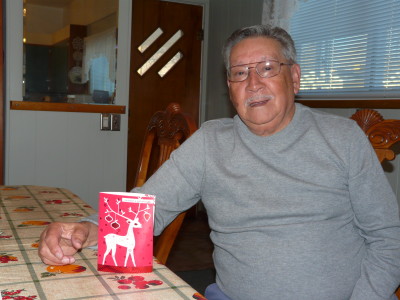
Zavala’s family always had a Christmas tree. “When I was younger my dad would climb the hills and cut down a tree. As I grew up, when I was maybe thirteen or fourteen, my friends and I would get the Christmas tree, bring it down to the house, and my sisters would decorate it. Some of the ornaments were made by my sisters – paper chains and different ornaments that they would cut out. Not too many lights because we couldn’t afford them. Nothing too fancy.” Zavala’s dad, Jesus, raised chickens and rabbits. So for their Christmas dinner the Zavalas would usually have one or the other. He remembers that most years his mother, Rose, would make tamales for Christmas.
Zavala, who comes from a family of twelve, received very few presents. “We were poor,” he says, “just to have the dinner was sufficient. We never had anything so we didn’t know what we were missing.” On one particular Christmas, in a thoughtful gesture, one of his brothers decided to part with his marbles so Zavala would have a gift. “My brother, Raoul, had some really nice marbles so he wrapped them up in a match box. He wrapped them up and gave them to me and said, ‘Here, from Santa Claus’. I thought, ‘they sure look like yours!’ “
The best present Zavala received was a pedal plane. “I could sit in it and pedal it and it had a propeller and it had a tail fin. I was probably eight or nine when I got it,” he remembers. “I parked it out there on our porch where everybody could see it. I was proud of it.”
As in the other camps the school Christmas program was also a staple of Dawson’s holiday festivities. “Even when we were real young, we had little plays. At one time I was a pudding. I think it was the third grade. The teacher put a bag on us, and we would say ‘We are pudding so good and sweet; we are pudding you’d like to eat.’ Those were happy times.” As they left school for Christmas vacation, Zavala and all the kids in Dawson camp received a bag of candy.
Zavala recalls that while attending Dawson High School, a Christmas party for the high school students was held at the town’s gymnasium. “We would decorate the gym with a tree and we’d have a dance. Each boy had a little booklet and we’d all go and sign different partners to dance. That was fun. Then we’d get around the Christmas tree and sing Christmas carols.” There was also a community dance on Christmas Eve, complete with a small orchestra. Zavala says some people would leave the dance to attend Midnight Mass and then head back to the dance once Mass was over.
By all accounts the three former coal camp kids treasure the Christmas memories of their youth. Christmas was lived out, according to their observations, not in the context of materialism, but in the Christian celebration of the birth of the Savior of the world.

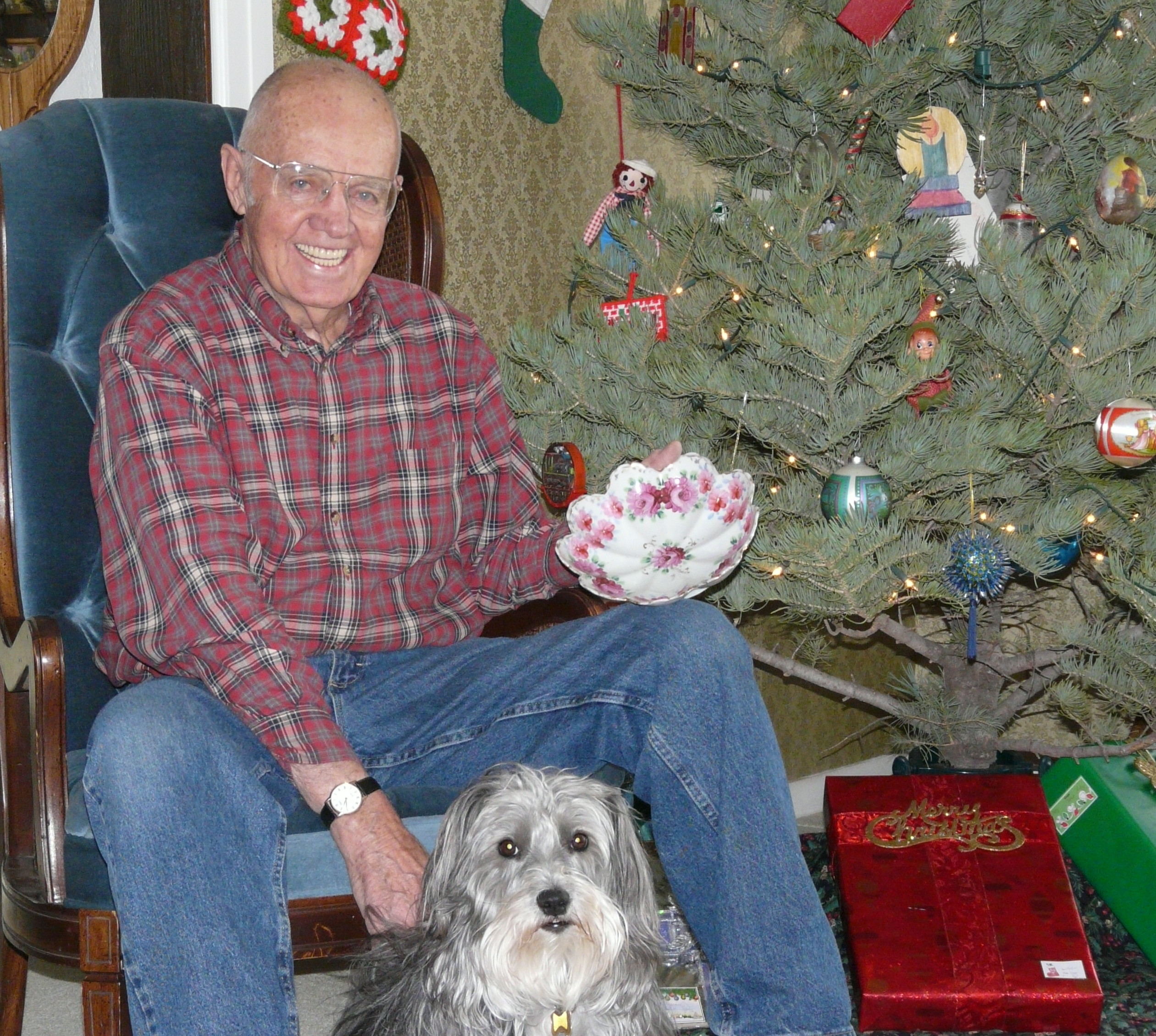
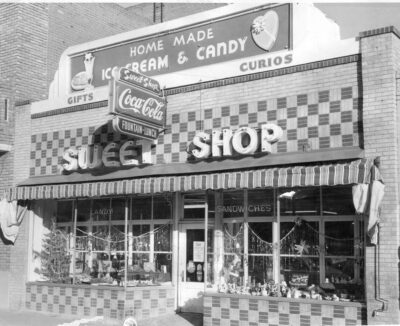
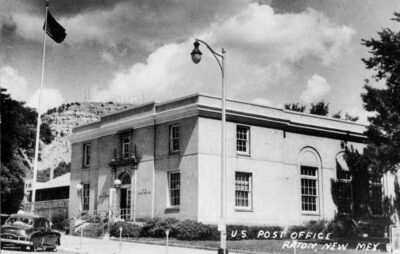
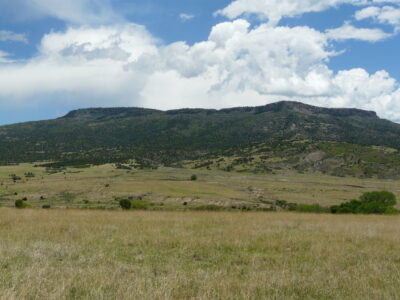
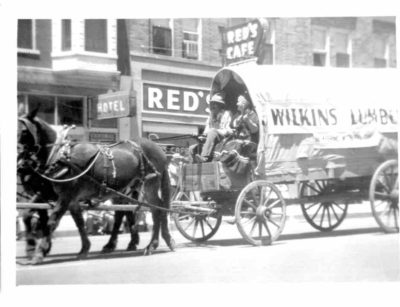
My mother grew up in Sugarite she never told us of some of the traditions but she always made terrific poticas for Christmas. Thanks to Mickey Baker and Judo Yaksich who I’ve known all my life and to Edward Zavala who I never met. Your stories and experiences are priceless.
The Baker and Yakich families were friends of my grandparents and parents. Having been a child in a coal camp in Wyoming, I can relate to how close the families and neighbors were at holidays. Thanks for the memory walk.